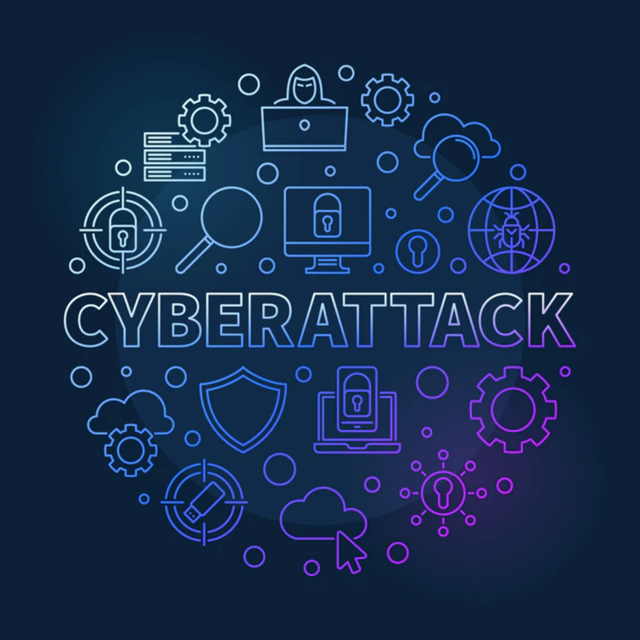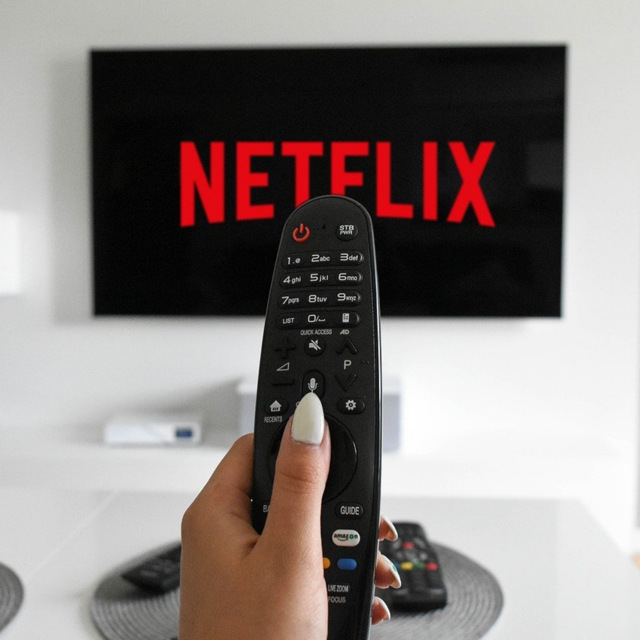A Beginners Guide on Cyber-Attack Protection

Cyber-Attacks are a widespread phenomenon in the modern era. If you know more about cyber-attack protection, your chance to face such an online attack becomes far less. During COVID-19, the threat of cyber-attacks increased since people are relying on the virtual world more than ever. Business, trade, communication, and even online education are now depending on the internet. Because of this you may want to know the steps you can take to protect yourself from such an attack.
A cyber-attack is a computer attack carried out by an isolated person or by a group of hackers to block a website or steal data. The hackers steal business data and even your WhatsApp, Instagram, Facebook, or any social networks’ data. This is why people search for ways to secure such sites.
If you want to know about cyber-attack protection, you need to know the several forms of cyber-attack first.
Several Forms of Cyberattacks
- The hoax, or hoax, is false information propagated on social networks or by emails that encourage sharing by as many people as possible. Thus, the goal is to clog systems, mailboxes, to degrade the image of a person, organization, or object. Moreover, this misinformation also aims to minimize the impact of real information that matters.
- A virus is a harmful program. The hacker grafts these harmful programs into software. Coming from web browsing or an external storage drive, it disrupts the operation of the infected device, sometimes causing it to stop working completely.
- The phishing or phishing, represent 65% of cyber-attacks. It takes the form of fake emails from companies or public institutions. Thus, the goal is to recover your personal and bank details. Be very careful!
- Spyware is also similar to viruses, it spreads itself via a web browser.
- Spamming is an automatic sending of advertising messages in bulk. In most cases, the email addresses used are fraudulently collected.
- Sniffing is a software that intercepts and recovers data. These include usernames and passwords.
- The denial of service attack exploits flaws in corporate communication protocols. This intrusion consists of making a server unavailable, so that it’s no longer able to host its sites.
- The locky, the taking of files hostage, is the latest attack. An email with an attachment named “ATTN: Invoice J-XXXXXXX” blocks access to the data and then demands a ransom from the owner.
Cyber-Attack Protection: Protect Yourself
Here is a list of easily applicable recommendations on cyber-attack protection.
- Use complex and different passwords on each site. Adding combinations to your passwords (uppercase and/or numbers, for example) increases the difficulty of decryption.
- Make the updates to your software because it will minimize the presence of faults.
- Back up your data regularly to an external hard disk.
- Pay attention to the sites visited and the sources of downloads. Also, use the secure HTTPS communication protocol; it is displayed in front of the URLs and allows you to add an encryption key when transferring your data.
- Beware of the extensions you install because some open access to your personal data.
- Installing an anti-virus on your computer allows you to identify and erase malware.
- Installing an anti-spam system on your mailbox allows you to limit the volume of spam or facilitate its treatment.
- Never use a free VPN. Free VPN’s keep records of your internet activities, and even sometimes sell that information to people and corporations. Also, watch out for unlimited lifetime VPN’s as they can be scams.
- It is always recommended to use a secured and paid/premium VPN. A VPN never allows hackers to trace you. However, when you are buying a VPN, be sure that they are not keeping logs of your internet activities. Among the premium VPN, Breeze VPN is one of the providers who never keep the history of its users (Internet Activity Logs). Always keep in mind, using an effective VPN service is a great tool for cyber-attack protection.



